Introduction
In today’s fast-changing technological world, one term has started gaining massive attention: synthetic intelligence. Many people confuse it with artificial intelligence (AI), but the two are not the same. While AI is designed to mimic human intelligence, synthetic intelligence aims to create an entirely new form of intelligence that is not limited by human biology.
If you’ve ever searched what is synthetic intelligence, this guide will give you a clear, beginner-friendly explanation. We’ll explore its meaning, how it works, where it’s used, and why it could shape the future more than AI ever has.
For deeper insights and resources, you can always check synthetic intelligence on our website.
What is Synthetic Intelligence?
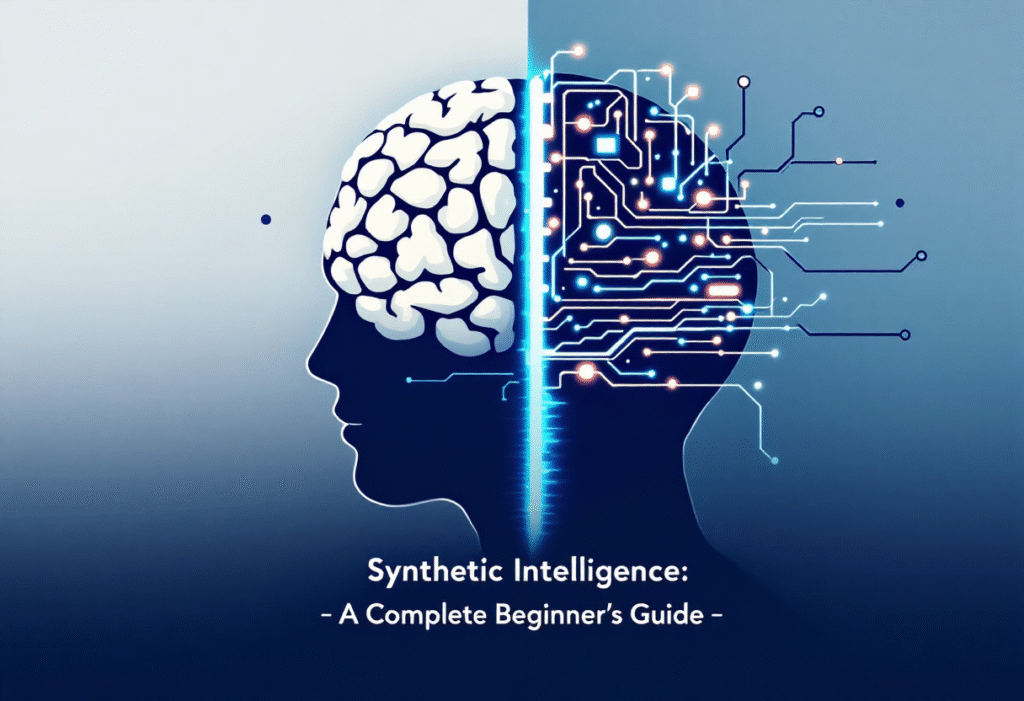
Synthetic intelligence refers to the creation of artificial systems that don’t just copy human intelligence but develop their own forms of reasoning, learning, and adaptation. Unlike AI, which often relies on datasets and algorithms to mimic human behavior, synthetic artificial intelligence can combine different models—biological, computational, and even chemical—to form new patterns of thought.
Think of syntheticAI as the next step beyond traditional AI. It doesn’t just answer questions; it can potentially evolve like a new form of intelligence itself.
Synthetic Intelligence vs Artificial Intelligence
Many readers ask: “Isn’t synthetic artificial intelligence just another term for AI?” The answer is no. Let’s look at the differences:
| Feature | Artificial Intelligence (AI) | Synthetic Intelligence |
|---|---|---|
| Goal | Mimic human intelligence | Create new forms of intelligence |
| Method | Algorithms & machine learning | Integration of biological, computational, and synthetic models |
| Limitation | Bound by human logic & training data | Can evolve beyond human-like thinking |
| Example | Chatbots, recommendation engines | Synthetic biological systems, evolving algorithms |
Synthetic Biological Intelligence
A fascinating subset of this field is synthetic biological intelligence. It blends biotechnology with computing to create hybrid systems that behave like living organisms. Imagine cells that can process data like a computer or biological systems that can learn from their environment.
This branch opens the door to medicine, genetics, and even human enhancement.
Applications of Synthetic Intelligence
Here are some industries already exploring synthetic intelligence and syntheticAI:
- Healthcare – Personalized treatments, drug discovery, genetic mapping.
- Finance – Smarter fraud detection and autonomous trading.
- Education – Intelligent tutoring systems that adapt to students’ biological and mental patterns.
- Cybersecurity – Self-evolving systems that protect against cyber threats.
- Robotics – Machines that learn and adapt in ways that traditional AI cannot.
| Industry | Application of Synthetic Intelligence | Example |
|---|---|---|
| Healthcare | Personalized medicine & drug design | AI-driven biotech labs |
| Finance | Fraud detection & trading bots | SyntheticAI risk models |
| Education | Adaptive tutoring | Synthetic artificial intelligence in e-learning |
| Robotics | Self-learning robots | Smart manufacturing systems |
Why Synthetic Intelligence Matters
The key reason why synthetic intelligence is important is that it offers possibilities beyond AI’s limitations. While AI is powerful, it’s still based on mimicking humans. Synthetic intelligence, however, can innovate new forms of problem-solving, learning, and adaptability.
This means industries could soon rely less on human-designed logic and more on intelligence that designs itself.
Future of Synthetic Intelligence
The future of syntheticAI is exciting but also full of questions. Will synthetic artificial intelligence evolve into something smarter than humans? Will synthetic biological intelligence change how we understand life itself?
What’s clear is that synthetic intelligence will play a central role in the next industrial revolution. From medicine to finance, robotics to space exploration, it will be the foundation of tomorrow’s breakthroughs.
Conclusion
So, what is synthetic intelligence? It’s not just another buzzword. It’s the future of intelligence itself—smarter, adaptive, and potentially beyond human limitations.
If you want to keep up with this fast-growing field, make sure to explore our resources at synthetic intelligence.
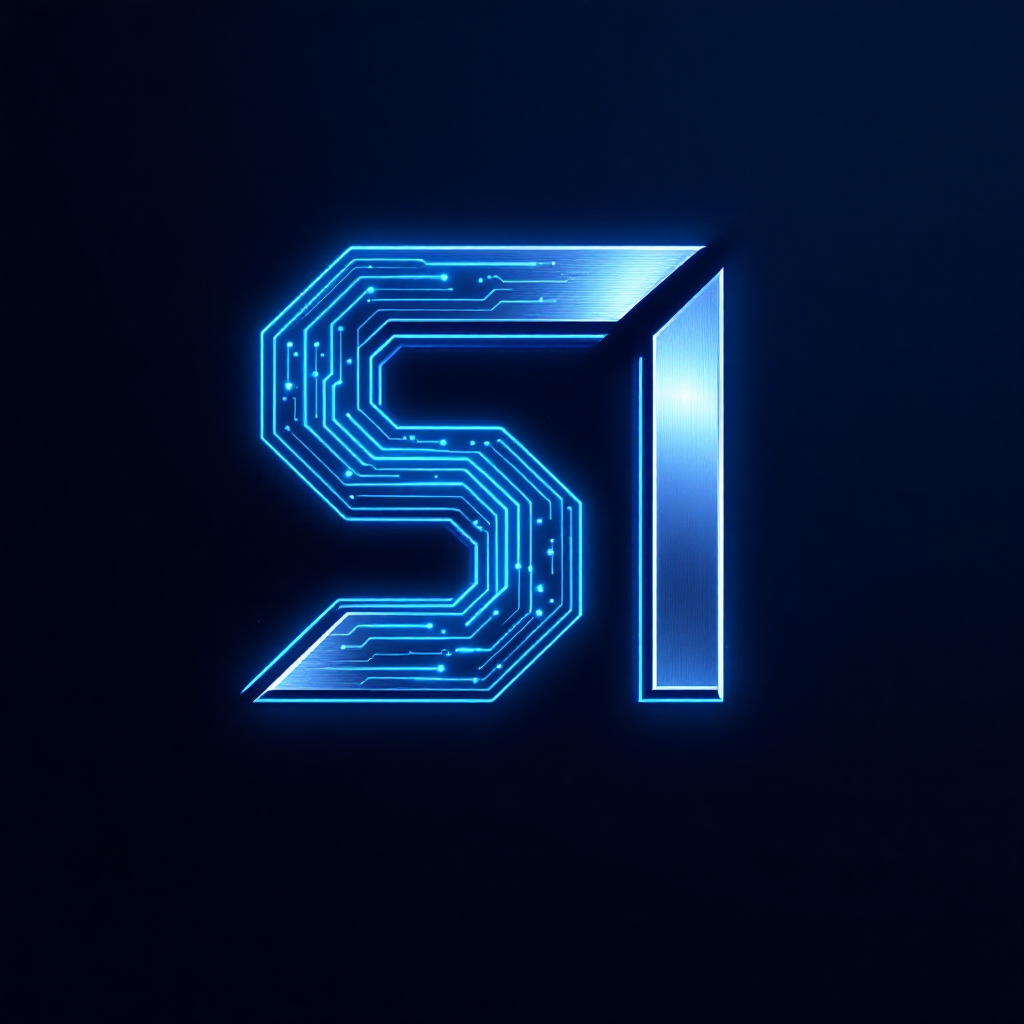





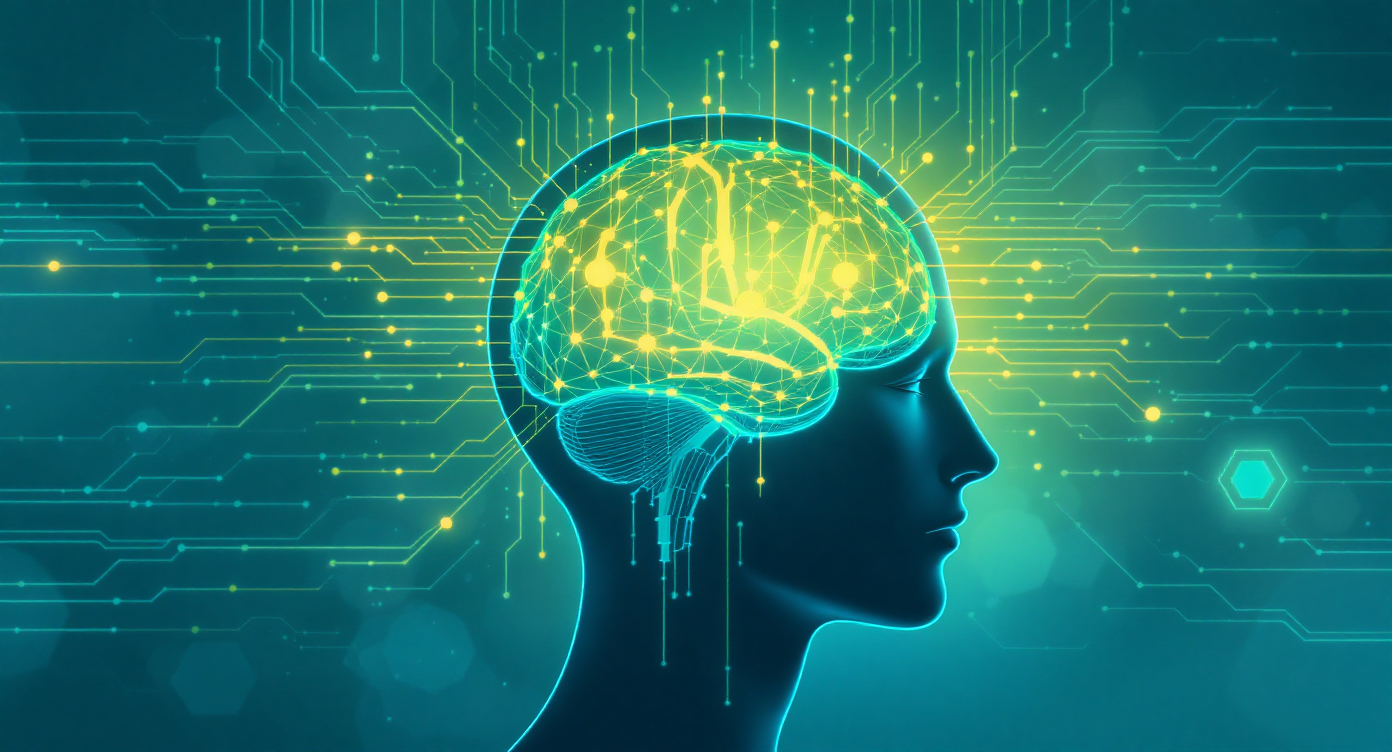
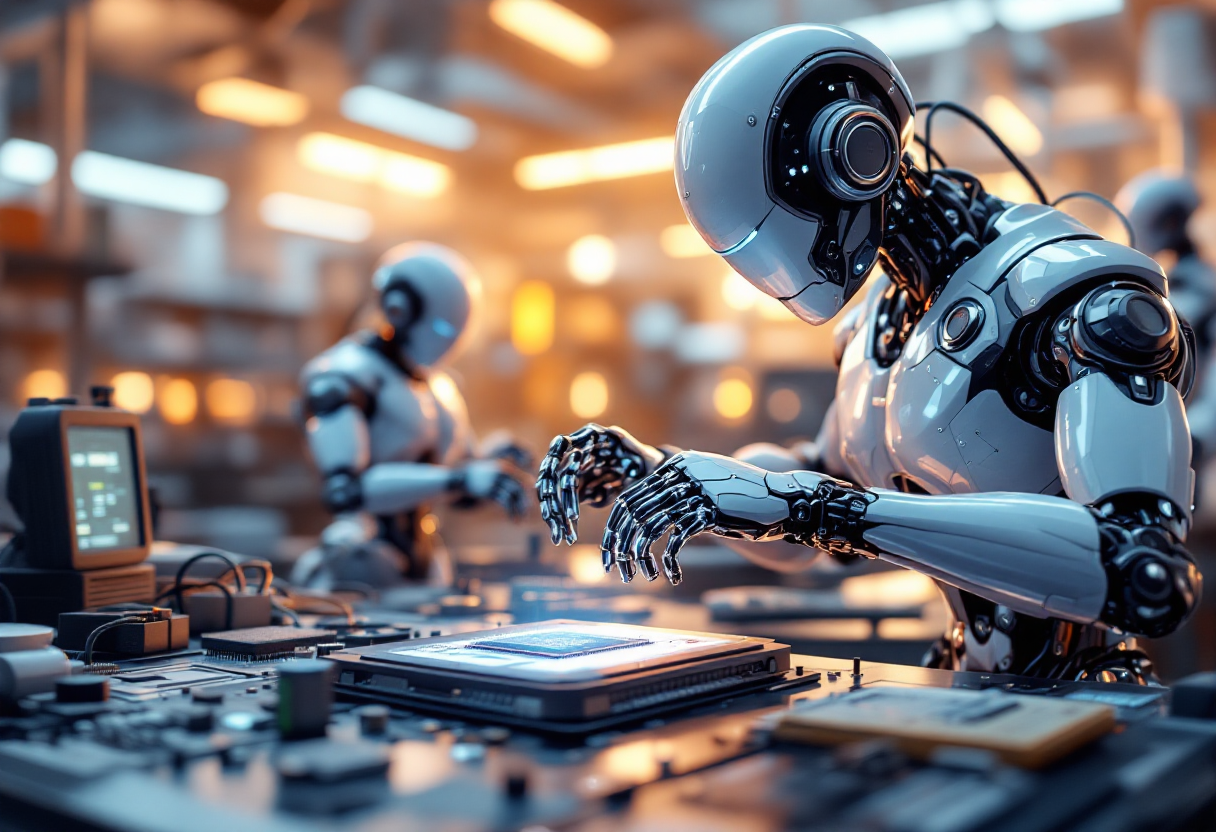
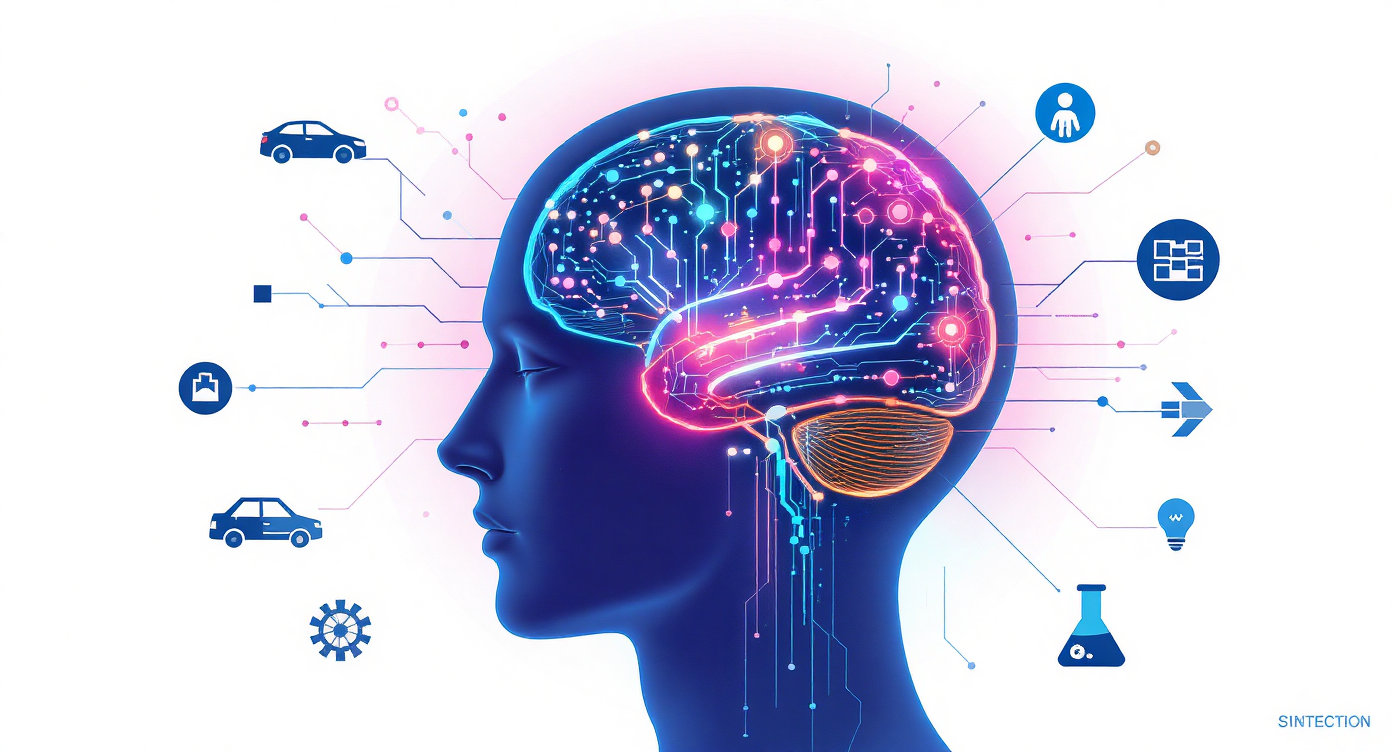
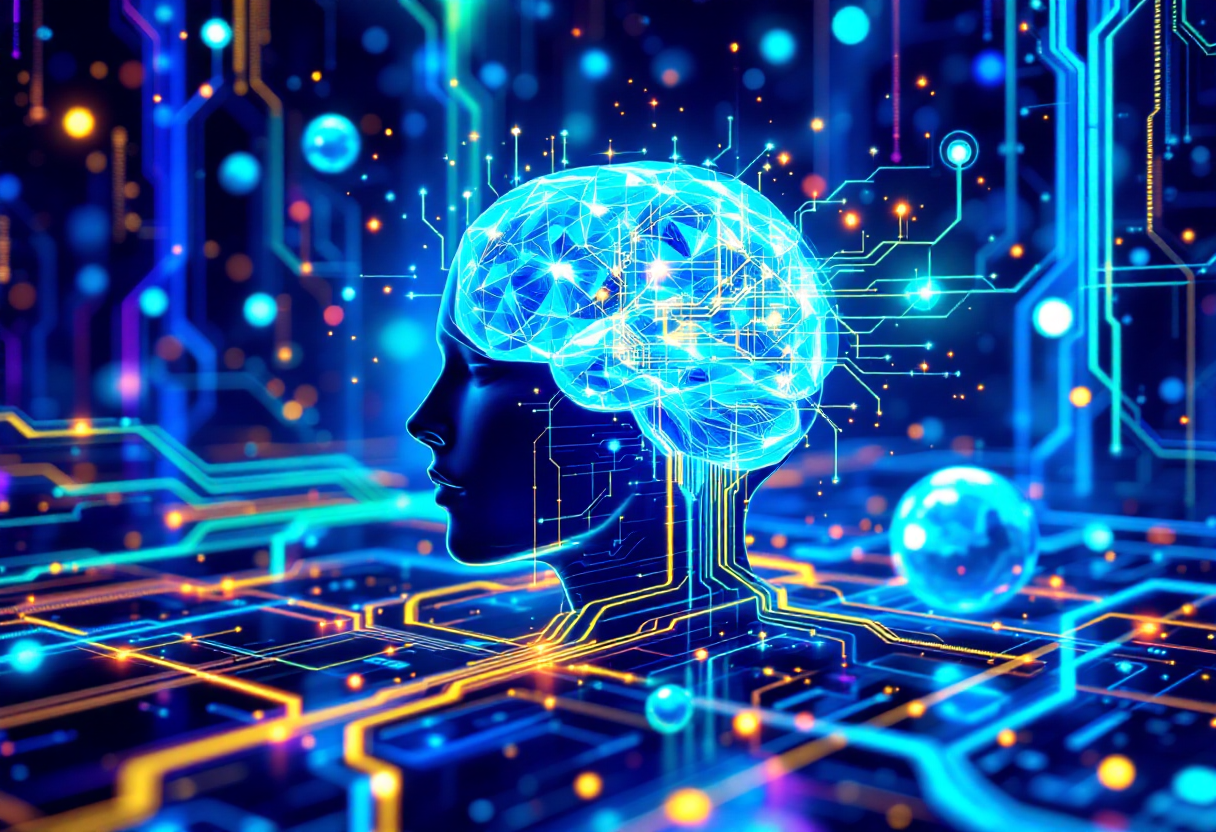

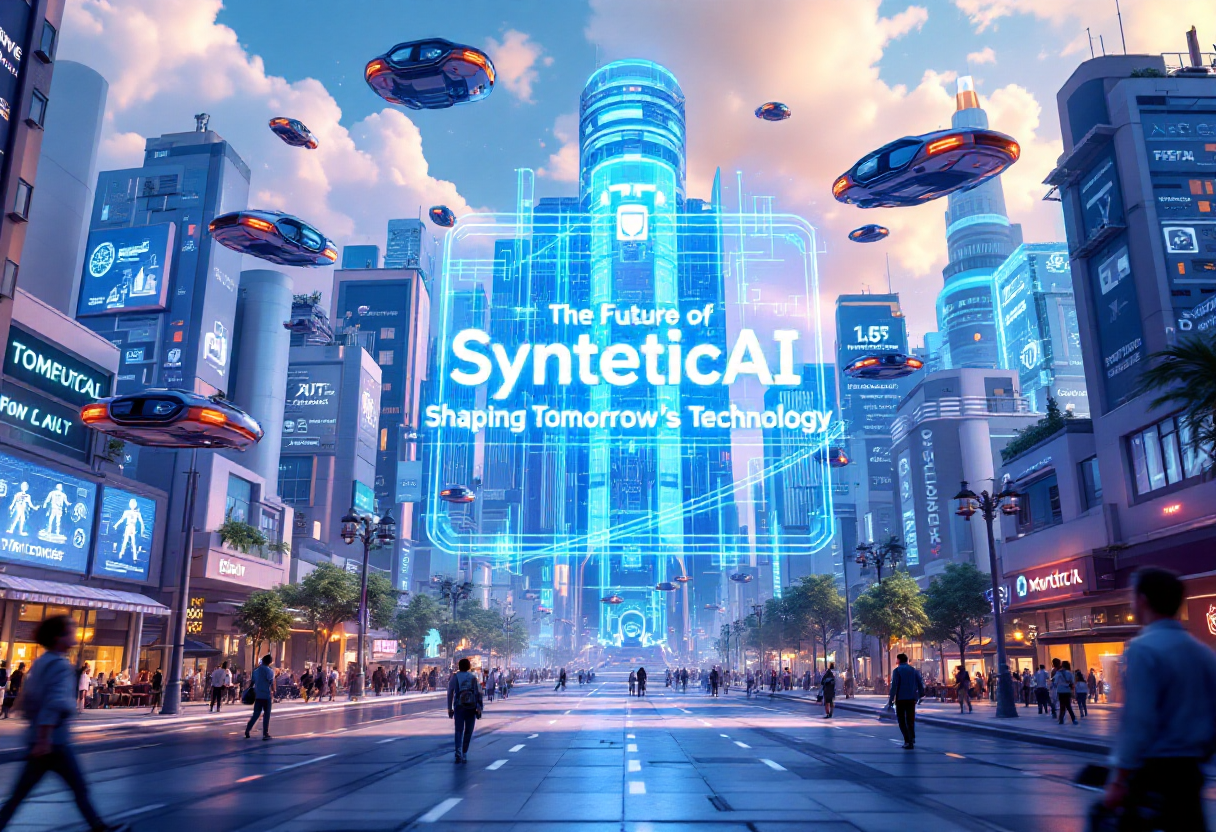
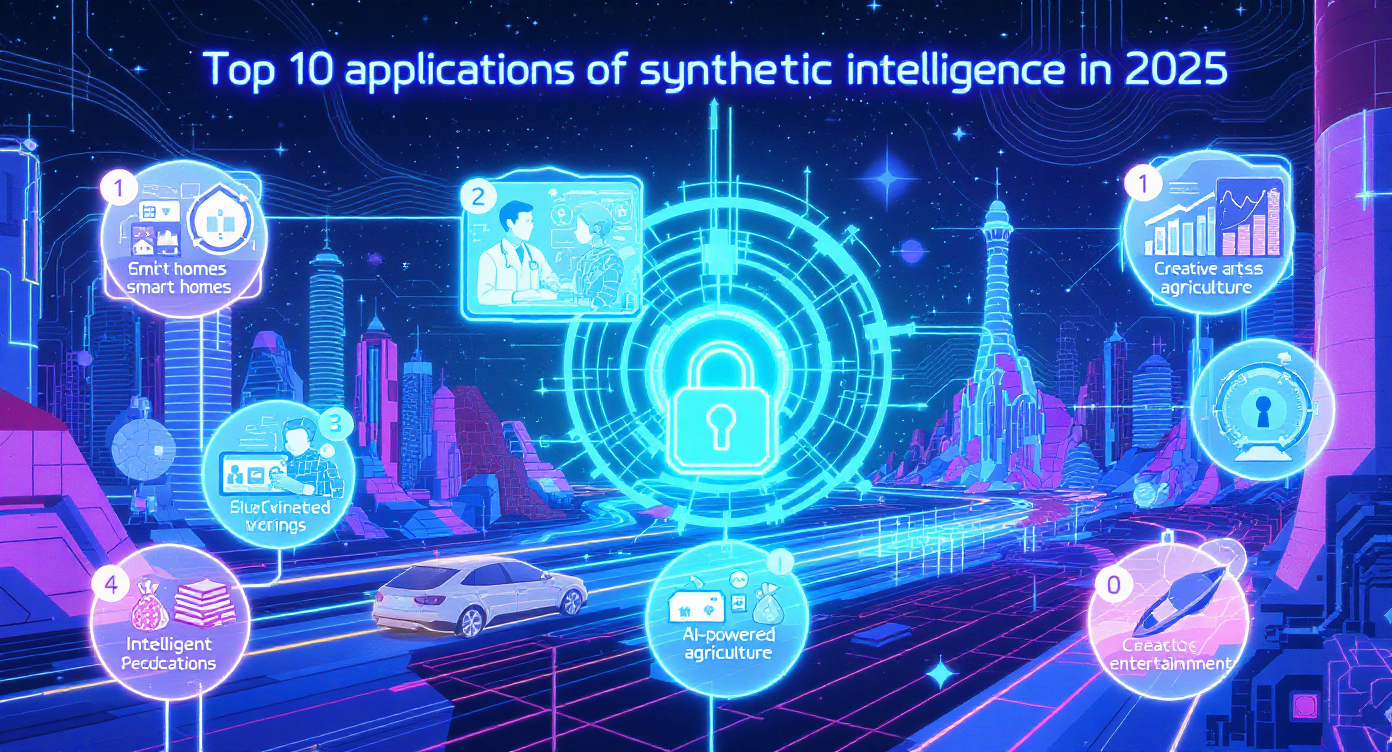

Leave a Reply